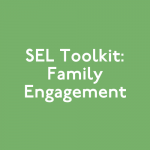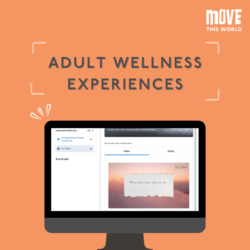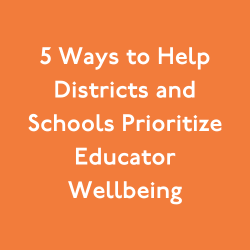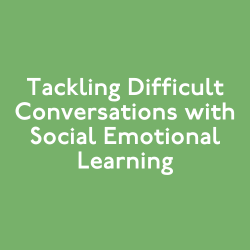It seems that admitting our failures is out of style. Why is that? Is it lack of courage, peer pressure, fear, or just a sign of the times? Here’s the thing, admitting our failures is a critical building block to gaining confidence and moving forward. That’s because when we fail and pick ourselves back up, the fear of the next failure diminishes. Instead of shying away from the reality that everyone fails, we should be talking about it! Welcoming failure is a sign of strength and could change the course of how you move forward towards success.
It may be necessary to shift your perspective and focus on positivity when thinking about failure. Viewing things through a positive lense allows you to think of failure as an opportunity, rather than a defeat.
Here are a few ways you can use failure to empower you rather than discourage you!
Failing teaches us what we need to do to improve.
Failing is all part of the journey towards success. Think of it as a building block to gaining confidence, a way to keep your mind open to change, and an opportunity to learn and be challenged throughout the process. So, what does that really mean? It means that you can use failure as a way to reevaluate what is working and what is not. When you experience a disappointment, take a second to think about why it might not have worked out and what you should be doing more or less of to effectively achieve your goal. Knowing how to succeed is not easy, and learning what it takes to succeed is something that can be learned during times of failure.
Failing gives us a new perspective we would not have otherwise seen.
Without failure, or bumps in the road, we would never be pushed to leave our comfort zone to see other possibilities and perspectives. Of course, having everything go according to plan is satisfying, but experiencing limitations makes us more reflective. Maybe an original idea wasn’t perfect and a new one will be even better? Oftentimes our second idea is even better than the first. There is no reason to dwell and think about why something didn’t work out, instead let’s celebrate failure and look at what it means in terms of moving forward.
Failure isn’t the end.
An unexpected, possibly disappointing outcome is in no way the end of the road towards what you are trying to achieve. A dream or goal should not be given up on because of a bump in the road. Think of someone in your life that you consider to be successful. What did their journey look like and how did they achieve success? Their success likely did not come easy, and it definitely did not come without obstacles and challenges. When it feels like everything is falling apart, remember: failure is part of the journey, not an indication of the end.
Failure forces us to persevere and build resilience.
Accepting that our original vision may not turn out to be exactly what we expected can be tough, but being open minded to change and new ideas is essential to achieving success. Learning to be open minded and flexible are skills that help us reach success in all areas of life. In a project, it is very uncommon that the finished product ends up EXACTLY the way we expected and that is what keeps it fun and interesting. In fact, sometimes the things that are most unexpected end up being wonderful. Building resilience and grit can help us address current and future failures head on and help us to understand that persistence leads to success. Failure helps us flex our resilience muscle so it can continue to grow.
Everyone fails, and that’s okay. Being vulnerable, sharing our failures, and admitting disappointment can help us connect to one another and better support each other. Thinking of failure as a strength does not mean that failing is fun or easy; the disappointment that comes along with failure is not to be ignored. Failing will likely feel discouraging initially, but in the end, it only makes us stronger and more prepared for success.
This article was contributed by Move This World intern, Natalie Pearson. Natalie is currently working towards a degree in psychology at the University of Richmond.
Sign up for Move This World’s newsletter to stay up to date on social emotional learning.
Enter your email below!










